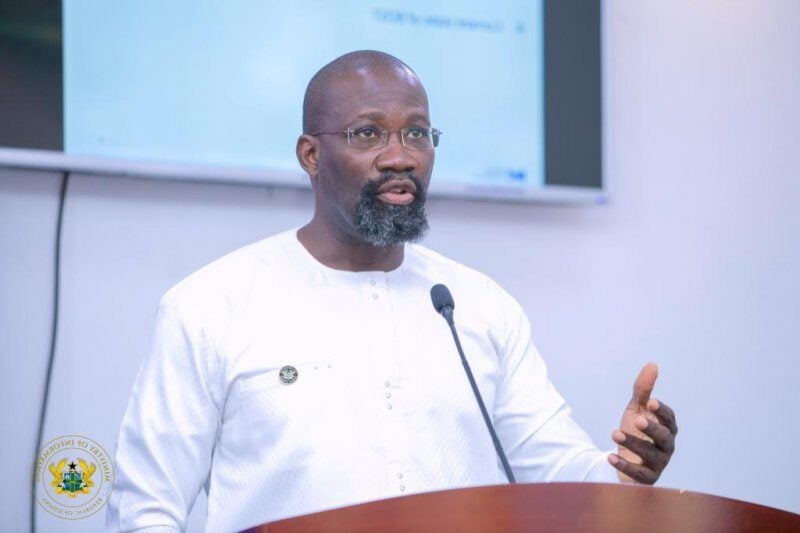The Gold for Oil (G4O) policy, implemented by Ghana’s previous New Patriotic Party (NPP) government, has become a subject of debate following the election of the National Democratic Congress (NDC). Dr. Edwin Provencal, former Managing Director of the Bulk Oil Storage and Transportation (BOST) Company, has strongly advocated against scrapping the policy, arguing that its benefits, particularly in stabilizing fuel prices and mitigating the cedi’s depreciation, warrant its continuation, albeit with potential refinements. He emphasizes the policy’s success in securing favorable oil prices for Ghana, acknowledging the volatile nature of global oil markets and the possibility of price fluctuations after purchase. Crucially, he highlights the G4O’s significant contribution to addressing supply-side inflation, a key economic challenge faced by the nation.
Dr. Provencal’s argument centers on the G4O’s role as a vital tool in managing Ghana’s economic vulnerabilities. He cautions that scrapping the policy without strengthening the country’s economic fundamentals could exacerbate pressure on the cedi, leading to further depreciation and potentially destabilizing the economy. His position underscores the importance of considering the broader economic context before discarding a policy that has demonstrably provided stability, particularly in the face of global market uncertainties. He acknowledges that while the policy was initially conceived as a temporary measure, its effectiveness in tackling supply-side inflation and its potential to further contribute to economic stability warrant its retention.
While advocating for its continuation, Dr. Provencal welcomes a comprehensive review of the G4O policy by the new NDC government. He suggests that such a review should focus on identifying areas for enhancement and optimization to ensure maximum benefit for Ghanaians. This nuanced approach suggests that while the core tenets of the policy should be preserved, there is room for improvement and adaptation to the evolving economic landscape. He emphasizes that any changes should be driven by a thorough analysis of the program’s impact and with the ultimate goal of serving the interests of the Ghanaian people.
The debate surrounding the G4O policy reflects broader questions about resource management and economic stability in Ghana. Dr. Provencal’s perspective highlights the need for a pragmatic approach, balancing the potential benefits of the policy against the need for continuous assessment and refinement. He implicitly criticizes a wholesale dismissal of the policy based solely on a change of government, suggesting that policy decisions should be guided by empirical evidence and a focus on national interest rather than political expediency. His call for a review underscores the importance of adapting policies to changing circumstances and maximizing their positive impact on the citizenry.
Dr. Provencal’s argument rests on the premise that the G4O policy offers a crucial buffer against external economic shocks, especially in a volatile global market. By leveraging Ghana’s gold reserves to secure oil supplies, the policy mitigates reliance on traditional foreign exchange transactions, which can be susceptible to currency fluctuations and international market pressures. This, he argues, contributes to price stability and protects consumers from the full brunt of global oil price increases. He further suggests that the policy’s potential for long-term stability should not be dismissed lightly, especially given the inherent vulnerabilities of developing economies to external economic pressures.
In conclusion, Dr. Provencal’s perspective on the G4O policy offers a compelling case for its continued implementation, albeit with a commitment to ongoing review and improvement. His emphasis on the policy’s stabilizing effect on fuel prices and the cedi, combined with his caution against hasty dismantling in the absence of stronger economic fundamentals, presents a nuanced perspective that prioritizes practical benefits over political considerations. He advocates for a data-driven approach, suggesting that the new government should thoroughly assess the policy’s impact and identify opportunities for enhancement before making any decisions about its future. This balanced approach emphasizes the need for policy continuity where demonstrable benefits exist, while also acknowledging the importance of adaptability and continuous improvement in the face of evolving economic realities.


